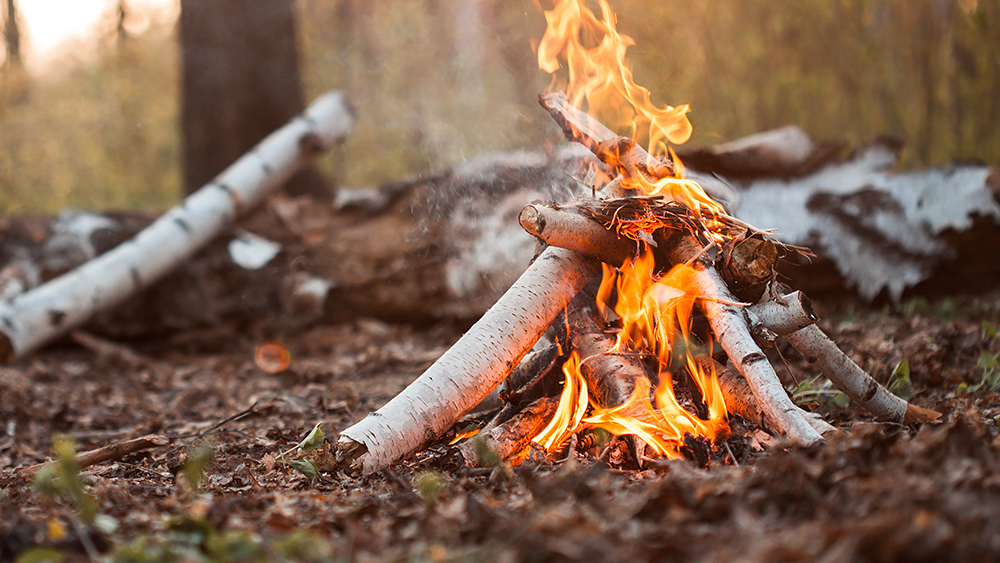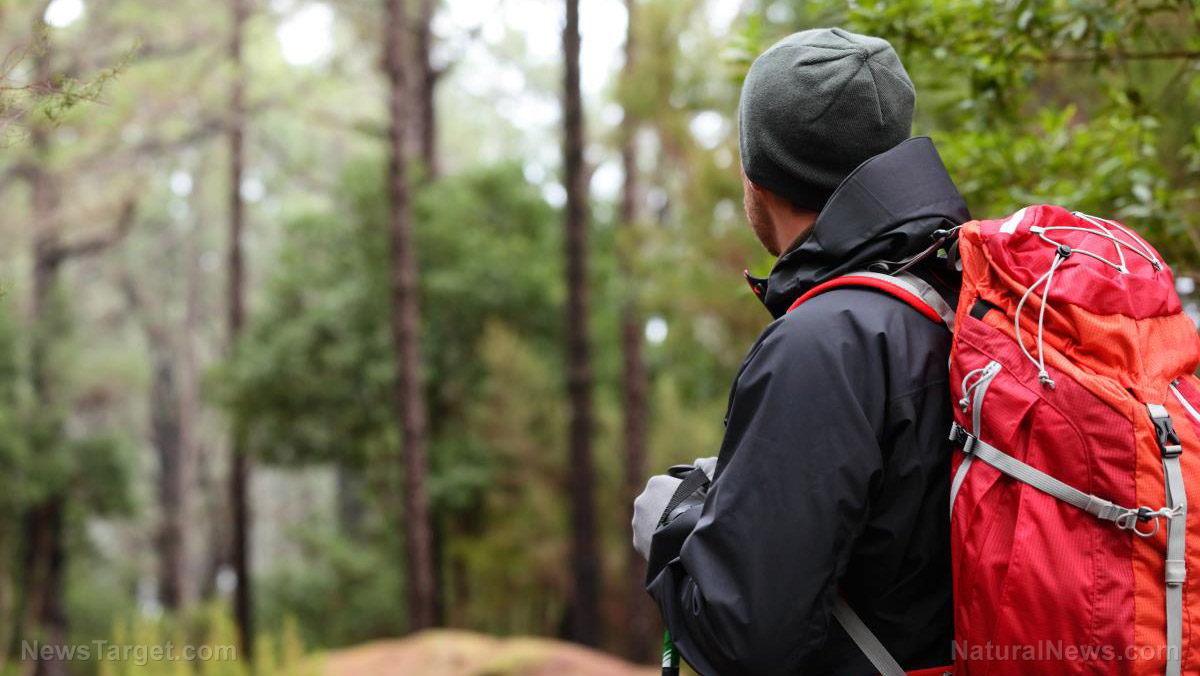
Preppers are taught to be practical and to develop self-sufficiency and self-discipline. Being practical allows you to put your skills to use and succeed in real-life survival scenarios. That being said, you need to live every day like you are in survival mode and make use of your preps and skills no matter the situation. Doing so will make you disciplined and more prepared to embrace a self-sufficient lifestyle.
Here are things you can do to become a practical prepper: (h/t to Survivopedia.com)
Rotate your stockpile
Stockpiling food supplies is an important part of prepping. When SHTF happens, your food stockpile will keep you alive and full. But food stockpiles can be problematic because most foods go bad eventually.
Rotate your food stocks to avoid spoilage. Consume and replace everything in your food stockpile within a year. Mark the purchase date on everything you buy so you know when you need to consume it. This way, nothing is kept beyond their "best before" date.
Grow your food
Growing your food captures the essence of self-sufficiency. If something as major as an EMP happens, a garden full of crops ensures you wouldn't go hungry while non-preppers are fighting to the death for that last loaf of bread.
But you don't even need to be a prepper to do home gardening. Sure, it takes effort and time, but growing plants is a skill taught even in primary school. If you are afraid of the costs, there are several guides for starting a home garden on a budget.
Heat your home with wood
Modern heating systems have now overshadowed the use of wood to heat a house. But when the grid goes down, you need to be able to act quickly and provide heat for your family. It may seem easy to do – after all, you just need to get some woods and you will have enough to start a fire. But in the event of a blizzard, you will get snowed in, making it impossible to go outside.
Be sure you are prepared for that scenario. Gather some firewood now. Like your food preps, rotate your logs and continually replenish your stock. Also, consider investing in wood-burning stoves and extra fireplaces, if you haven't already.
Use your generator
Grid-down scenarios will take out not only your heating system but many other things too, such as appliances and your light. Preppers are likely prepared for those scenarios already. But solar panels and other backup sources of power have to be used more and not just when the need for them arises. Doing this will keep your generator in good condition and test your ability to use it.
If your generator is lying dormant, turn it on and use it to power your house. Besides reducing your utility bills, it's also a great way to become self-sufficient. (Related: Prepping for a power outage: What to stock up on and when to bug out.)
Choose your bug-out vehicle wisely
You should be able to use your bug-out vehicle for all kinds of terrain. This will be important especially if you're going off-grid, where roads are usually unpaved and more challenging to drive on. This being said, avoid using luxury cars and the like for bugging out. Instead, use a good utility vehicle and upgrade it to make it SHTF-proof.
Some preppers have a separate car that they use on normal days, but it would so much better to drive your bug-out vehicle for everyday use. This way, you are prepared to bug out in case disaster has caught you on the road.
Prepping does not begin when SHTF happens. It starts the minute you decide to become a prepper. Put your survival skills in practice and use your preps daily to be disciplined and self-sufficient.
Sources include:
Please contact us for more information.





















